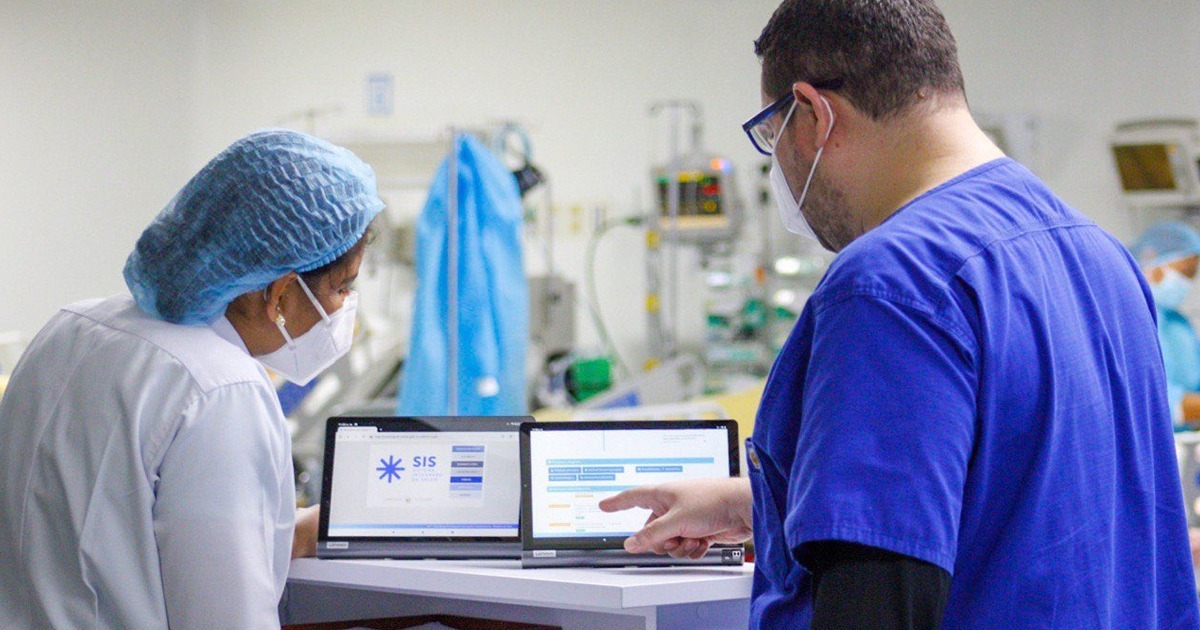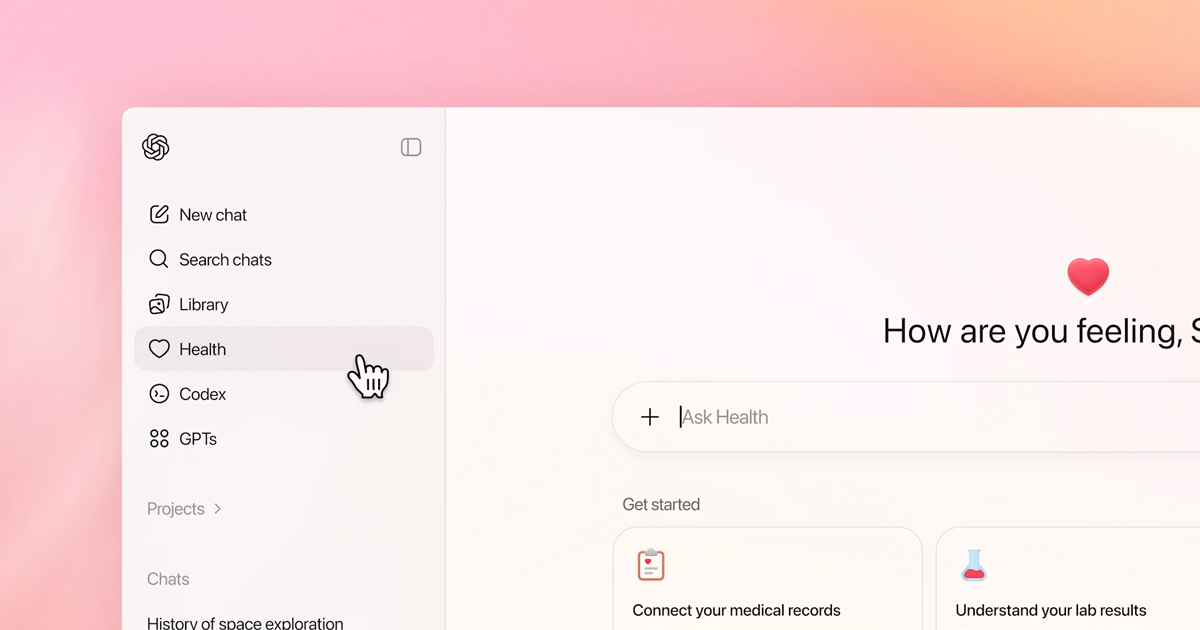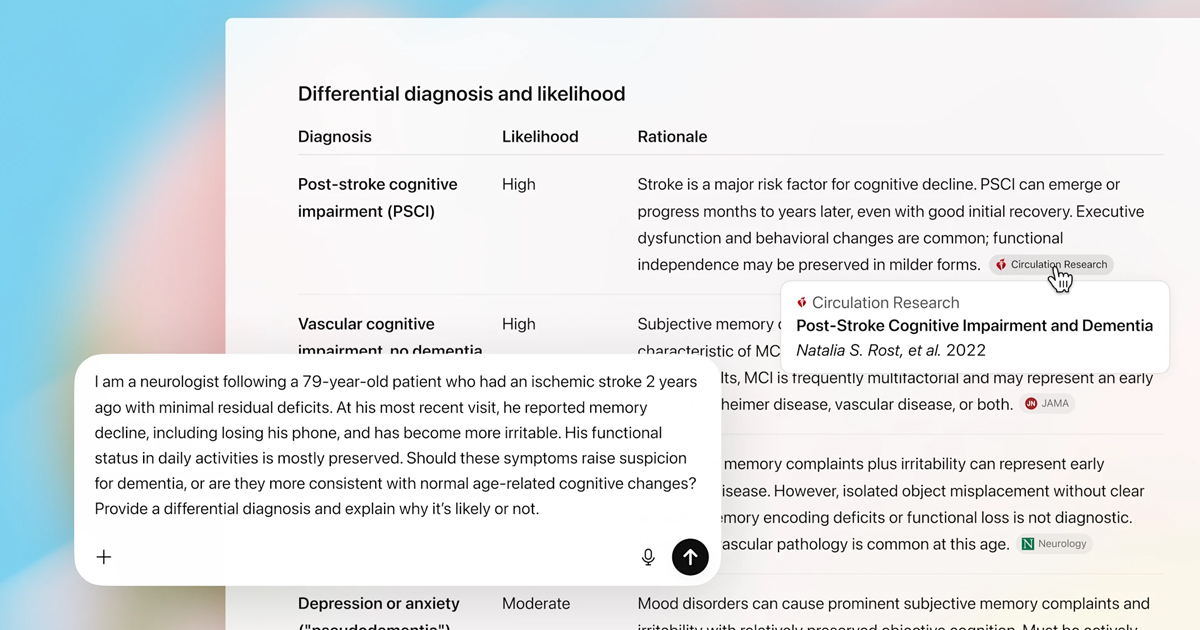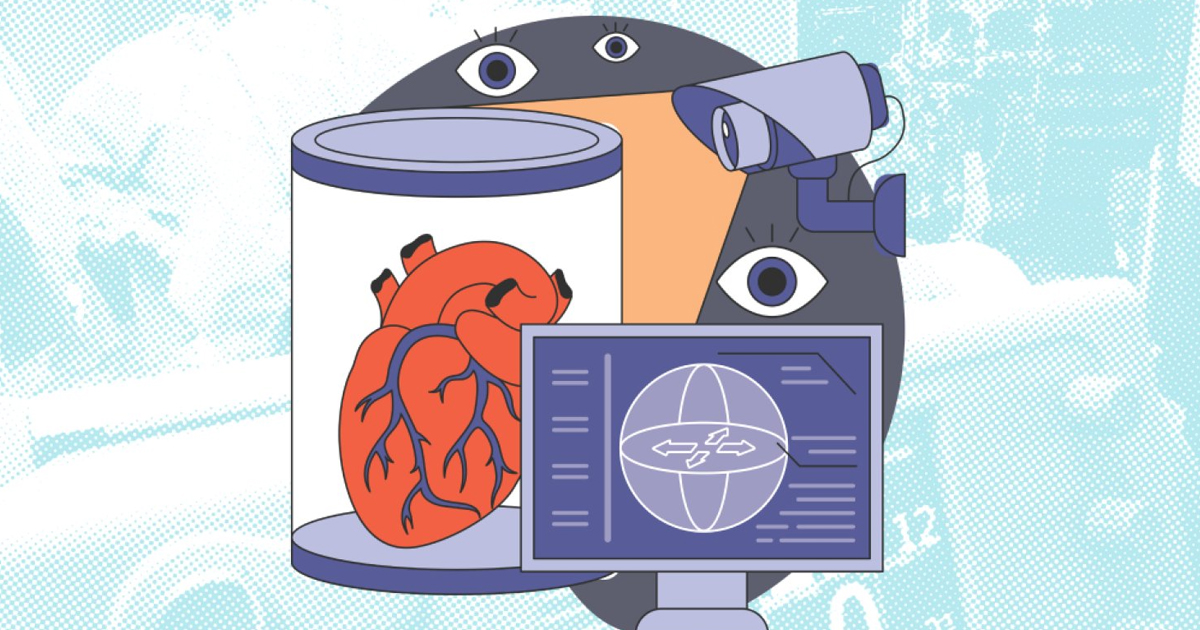América Latina genera cada día innovaciones para el ejercicio de una mejor Digital Health, capaz de reducir brechas, enfocarse con precisión en los problemas, enfermedades y garantizar una experiencia al paciente con resultados esperados.
Como muestra del gran avance que se lleva a cabo en Digital Health dentro de México, se le otorgó un reconocimiento a la plataforma digital Prothesia, que se encarga de calibrar y perfeccionar la manera en la que se implantan las órtesis y prótesis de tal modo que la operación se vuelva innovadora y con resultados satisfactorios.
Este software opera con tecnología de punta 3D para escanear y diseñar dispositivos específicos para la necesidad individual de cada paciente. La plataforma permite modelar e imprimir las mejores opciones a partir de un análisis que el algorithm del dispositivo hace sobre la parte a tratar del paciente mediante un Smartphone.
El sistema fue galardonado por los Premios Everis -que se realizan cada año en México- pues es ahí donde se abre un espacio para presentar todos los avances implicados en la Digital Health que puedan revolucionar los servicios médicos con miras a mejorar la calidad de la atención.
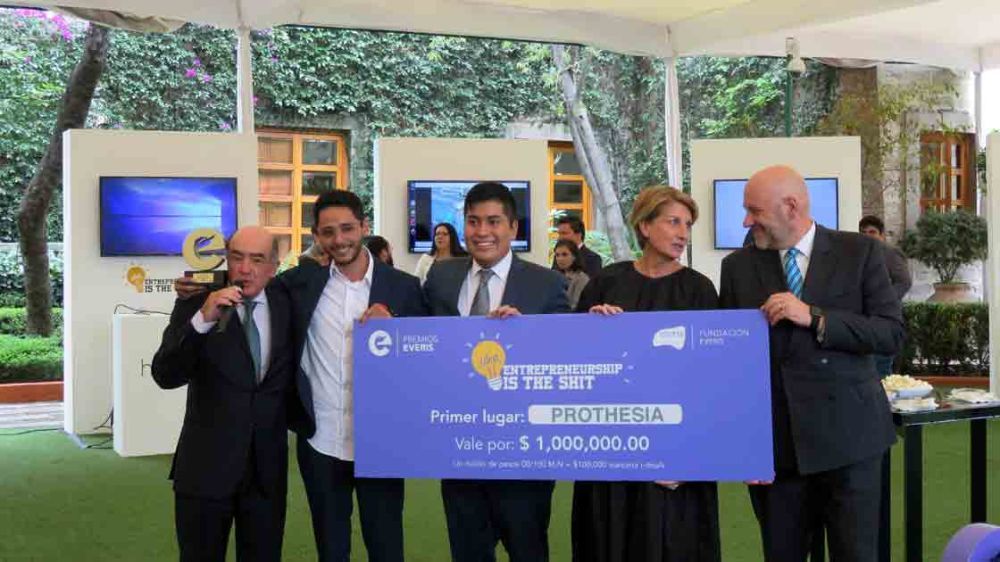
Los demás proyectos e ideas, en torno al uso de la tecnología avanzada y para producir cambios significativos en la vida de los pacientes, fueron:
- Nanotutt: un gel creado a base de nano partículas para tratar heridas crónicas como el pie diabético.
- HikeOn: A smartwatch bracelet that produces vibrations to reduce tremor and stifness caused by Parkinson’s disease.
- Hemograph: una aplicación móvil con la capacidad de realizar estudios sanguíneos utilizando la cámara trasera de un Smartphone.
- Maxi-Epoxi: un material para reconstrucción de lesiones de cráneo y otros huesos de forma simple, confiable estética y permanente.
De acuerdo con la Organización Mundial de la Salud (OMS), los avances que la Digital Health promueve, son satisfactorios para ampliar las alternativas que los pacientes pueden recibir y, que los médicos pueden aprovechar para el fortalecimiento de su labor.
De esta manera, los países latinoamericanos están aportando al desarrollo de la Digital Health a nivel global.


